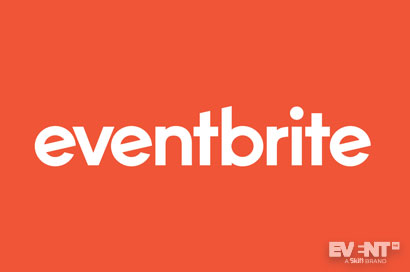Skift Take
Julia Hartz, CEO of Eventbrite, recently held a Q&A session as part of the Extra Crunch Live event series. She discussed the future of events and the impact Covid-19 has had on the tech giant.
Eventbrite, like most companies in the event industry, has felt the catastrophic wave of event cancellations for coronavirus crisis. In this year’s first quarter, the company posted a $146M loss.
There is a lot of attention to what Eventbrite is doing and saying.
Attention from stock investors trying to understand how the company is going to navigate through the crisis. There is also interest from the wider event industry.
Eventbrite has an incredible wealth of data when it comes to events. Understanding how the long tail of the event industry is using the platform could shed light on how events make a comeback.
The Impact of the Crisis
Hartz addressed the coronavirus pandemic as a global crisis, universal in nature. She mentioned that this event unified the world in a global response.
The priority for Eventbrite was to face this crisis with intention, to ensure the safety and the wellbeing of their people — especially in the early days.
Hartz added that, as the crisis progressed, she saw her company in the path of the storm. A lot of thinking went into how to prepare for impact, as the event industry was the first and most impacted by Covid-19.
It became critical to build the best platform for event planners, and EventBrite took the crisis as an opportunity to show up for them.
In early March, they assessed the situation, and once it hit, it hit hard.
Focus on User Support
Hartz appreciated the resiliency of its user base. The pivot to virtual was a positive aspect, despite bringing a completely different proposition from Eventbrite’s core offering: live events.
Refunds were another early priority for the company. One of the three co-founders, Renaud Visage, also took the initiative to create resources providing information on the government support loans.
They also lobbied congress to get more relief for the event industry and for their ‘creators’ — the term Eventbrite uses to refer to event planners.
Layoffs
Eventbrite set up a stand-up twice daily during which Hartz would discuss, in different timezones, the impact of the crisis on the company.
Lay-offs were dictated by what development needed to be prioritized for creators. While not addressing layoffs in-depth, it was evident that this was a painful process for everyone involved.
The Future of Events
Hartz hinted that they were receiving data on a different way of doing events in the near future.
We directly asked her what signals they were getting and what the future of live experiences looked like.
Hartz replied that they have a sense that live experiences will happen differently.
Small, in-person events are the events happening today. There needs to be a level of trust for these events to happen. She also added that we are in very early days for returning to live events.
There is an uptick in smaller events such as classes, workshops and seminars. This confirms our recent outlook of a smaller, more local event industry.
Virtual Events Can Bring Revenue
We also asked if event professionals were able to capitalize on virtual events, since Eventbrite is essentially a ticketing platform that lives off the revenue coming in from ticket sales.
She answered that only a small proportion of virtual events are paid, but they are happening more frequently. Moreover, consumer behavior has shifted, and we are more accepting of being in an online chat.
The retention is also high. Supercreators (high revenue event planners) with frequent events are doing extremely well. These are lower-priced events that happen more frequently.
IN CONCLUSION
Julia Hartz, CEO of Eventbrite — a company severely hit by the crisis — acknowledged a difficult time for the event industry, but with some hints of hope.
The few events happening today are definitely smaller and local, and while we cannot go back in the short term to large gatherings, virtual events do offer opportunities for revenue for event professionals willing to pivot.





